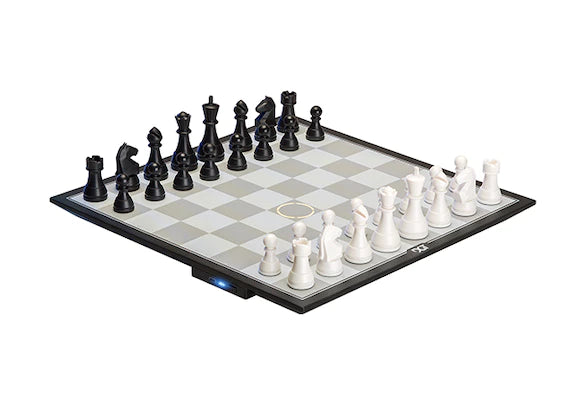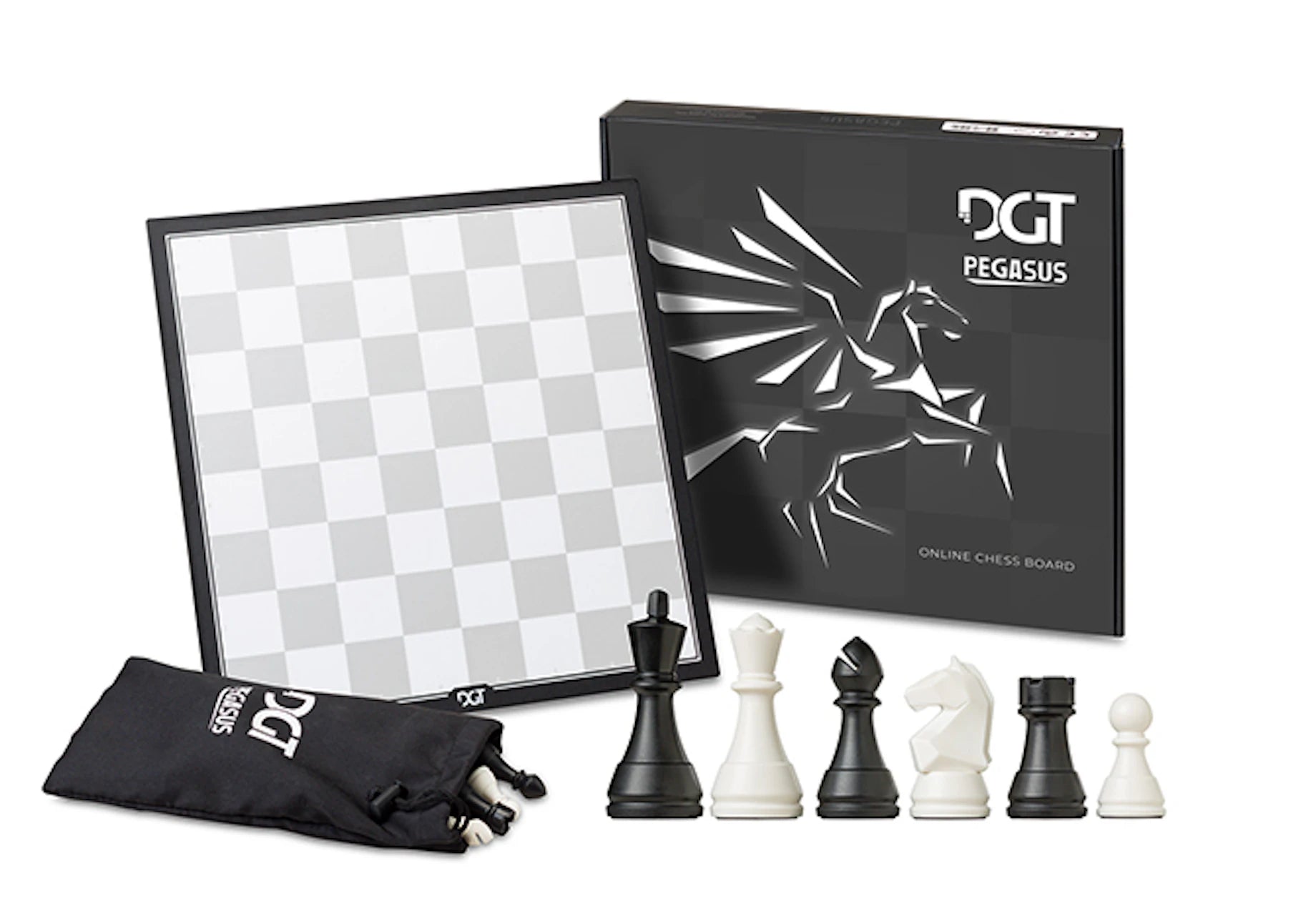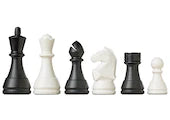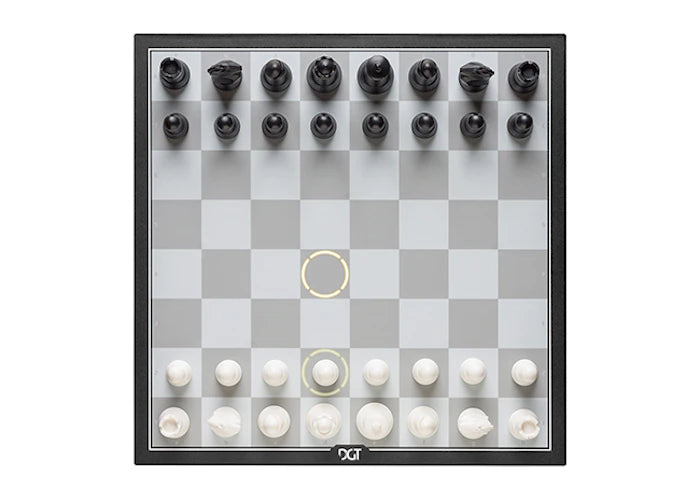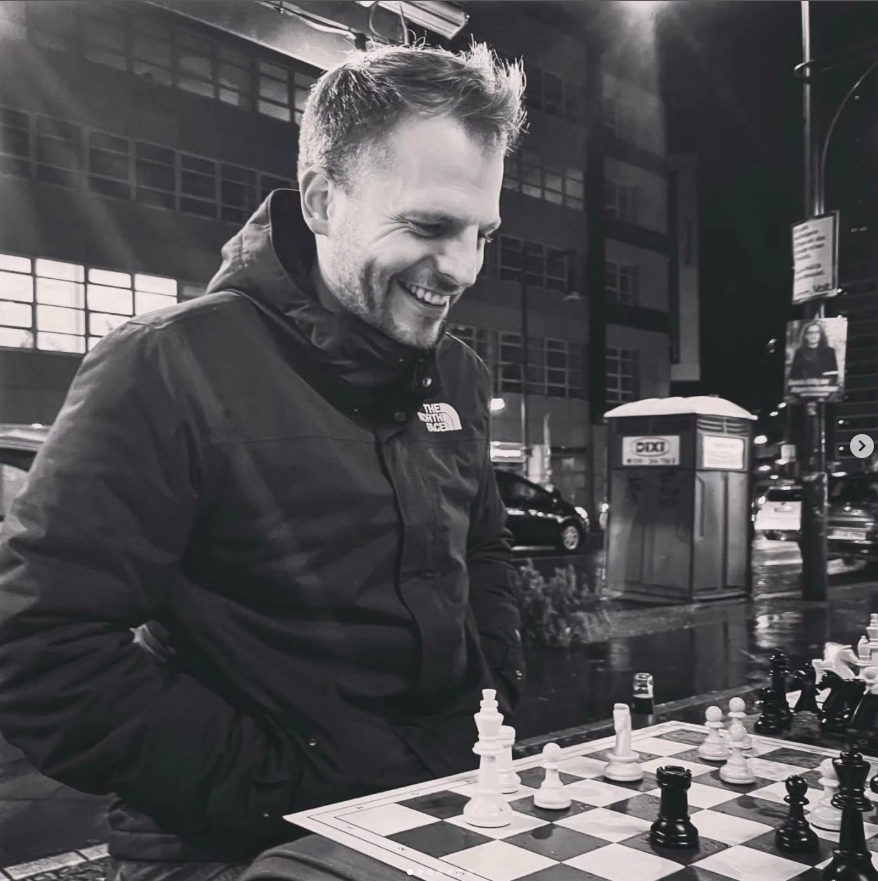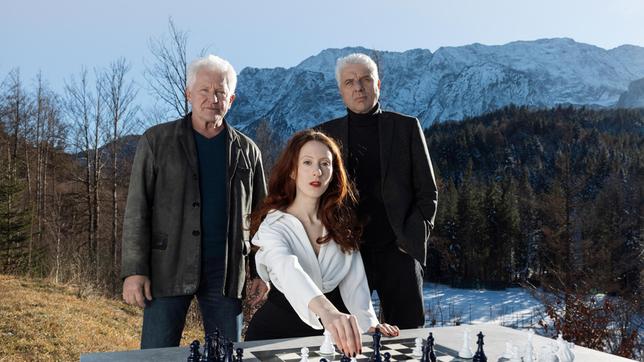The European Team Championship starts in just under 3.5 hours in Budva, Montenegro. The best that Germany has to offer in chess will be there. The draws have already been made and the team lineups have also been published. When the writer of these lines was team captain at the Olympiad in Georgia, the opposing and own lineups were known much more quickly, as far as I remember. The new rules are good for the theory sharks, bad for those who are hoping for opponents who are not optimally prepared. The long preparation time is particularly beneficial for the German men.
Not only the four players who will play in the first round, Vincent Keymer, Matthias Blübaum, Rasmus Svane and Alexander Donchenko, are considered strong theoreticians. The strengths of the German captain Jan Gustafsson and the resting Dmitrij Kollars also lie primarily in the opening area. These strengths must now be used in the first round against the team from Sweden, which should not be underestimated.
Nils Grandelius plays on board 1, a super GM tournament-tested player who always plays around 2700. I can still remember the very likeable Swede well from my time at Hamburger SK, when I played in a team with Nils for a few years. I especially remember the 4:4 against Baden-Baden in 2017/18, when we sensationally managed to get a draw against the super team. And there was even more in it! Nils could have even won against world-class Maxime Vachier-Lagrave at the time! So it seems clear: Playing with the black pieces, a draw for Keymer would be a good result.
The points have to be won further back. On board 2, for example, where Rasmus Svane, who has close ties to the Scandinavian chess scene due to his Danish origins, will play against Tiger Hillarp Persson. The grandmaster, who is best known for his "Tigers modern", should never be underestimated, but for Svane he is still an opponent that can be beaten. Blübaum on board 3 has to defend the black pieces against the strong international master Hampus Sorensen. The large Elo lead of almost 200 points could give hope for more than half a point here too.
On the last board, the question arises: What form is Alexander Donchenko in? After a tough month, it would now be time to get his form back on track. A first-round win with white against IM Kaan Kucuksari is an opportunity to do just that.
The German women are also favorites in their first round match. But they will have to give everything to live up to their role as favorites. Here, too, I can draw on my experience as the women's coach of the German team at the Olympics in Georgia, when we only managed a 2:2 draw against Greece.
Stavroula Tsolakidou plays for Greece on board 1. 6-7 years ago she was a rising star in the Greek chess sky. After winning the World Youth Championship in Russia, this even led to a meeting with the then Prime Minister of Greece, Alexis Tsipras. For several years, however, "Stavrou" has been stagnating at around 2400. This means that she remains a dangerous opponent for the German number 1 Elisabeth Pähtz. Nevertheless, Elisabeth will certainly try to prove something with the white pieces.
Dinara Wagner is playing for Germany on board 2 with the black pieces. As with Elisabeth, it can be assumed that she will also play through the tournament, the gap to the rest of the team is too big. She will have to face Anastasia Avramidou with black. Here too, a full point is certainly possible, but it is not always easy to win something with black, especially when the opponent is a solid player with almost 2300 Elo.
Josefine Heinemann will play for Germany on board 3. She wrote an interesting article about the World Team Championship in issue 10/2023 of SCHACH. It will also depend on her whether she manages to convert her superior opening knowledge and the very good middle game positions that often result from this into full points. One strategy of the national coach Yuri Yakovich could be to choose the line-up so that Josefine plays with white as often as possible when in good form. Josefine will have to face Ekaterina Pavlidou. The two are separated by around 150 Elo points, not much in a nerve-wracking atmosphere like the European Team Championship.
Haritomeni Markantonaki is the name of Hanna Marie Klek's opponent in the first round. Here too, the difference is over 150 Elo points and here too, form will decide whether Hanna Marie will be able to overcome her opponent's defense.
An exciting championship is ahead, we keep our fingers crossed for the German teams!
Photo: German Chess Federation





